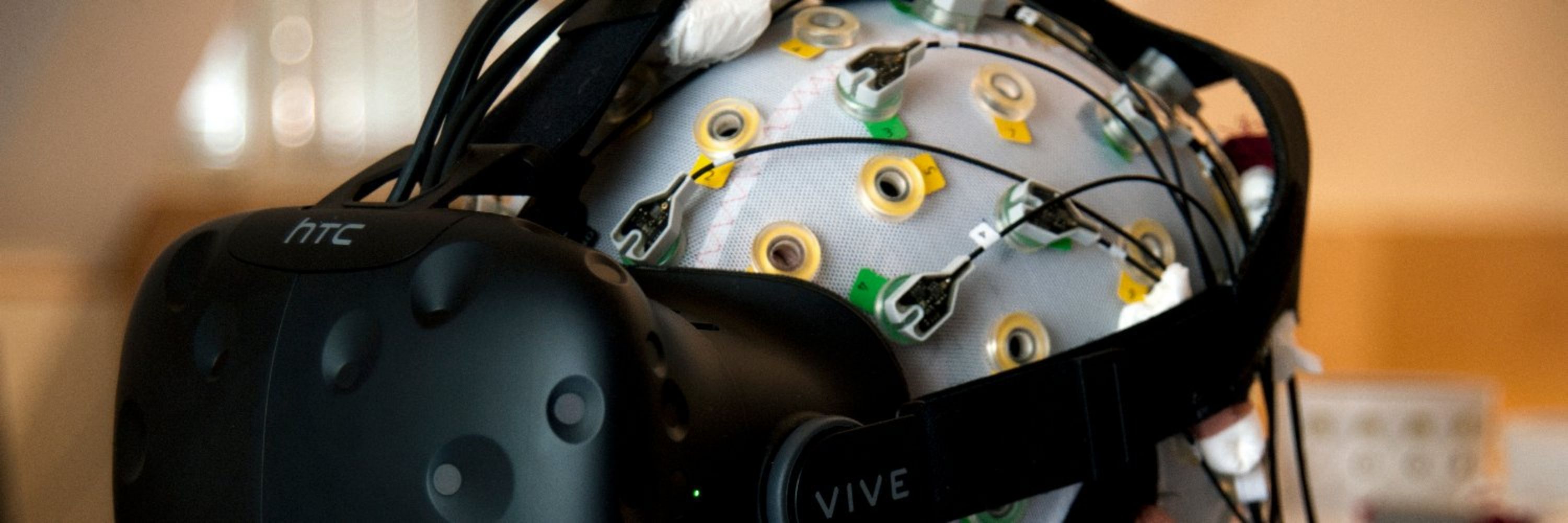Michael Gaebler
@michaelgaebler.com
1.8K followers
1.9K following
140 posts
Cognitive, brain & mind scientist @mpicbs.bsky.social & Max Planck Dahlem Campus of Cognition (Berlin) | head of @mbe-lab.bsky.social (he/him)
brain-body coupling | emotion & stress | 3D & XR for naturalistic psychology, neuroscience, & medicine
Posts
Media
Videos
Starter Packs
Reposted by Michael Gaebler
Reposted by Michael Gaebler
Reposted by Michael Gaebler
Reposted by Michael Gaebler
Reposted by Michael Gaebler
Reposted by Michael Gaebler
Reposted by Michael Gaebler
Reposted by Michael Gaebler
Reposted by Michael Gaebler
Reposted by Michael Gaebler
Reposted by Michael Gaebler
Reposted by Michael Gaebler
Reposted by Michael Gaebler
Reposted by Michael Gaebler
Reposted by Michael Gaebler



















